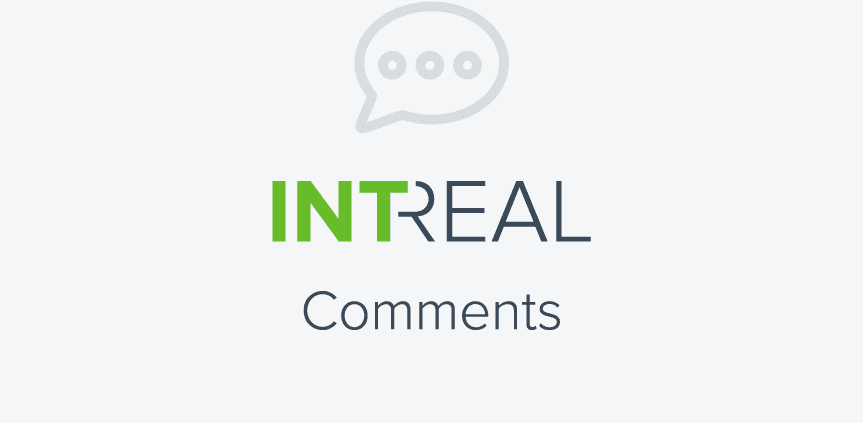Fund Commentary: Inflows into Open-Ended Institutional Property Funds Higher in 2022 than in 2021
20. Feb 2023
Despite the war in Ukraine, inflation and supply chain disruptions due to the pandemic, institutional investors committed more funds, on balance, in open-ended institutional property funds than they had in 2021. This is suggested by an analysis of figures recently released by the Bundesbank for 2022 as a whole. The net sum paid into the funds totalled 15.2 billion euros. This equals an increase by around 8.0 percent compared to 2021 with its year-end inflow total of 14.1 billion euros. For the sake of comparison: In 2020, the total was only 10.5 billion euros. The net fund assets of open-ended institutional property funds grew from 154.2 billion euros by the end of 2021 to 173.5 billion euros (+19.3 billion euros) as of 31 December 2022.
Michael Schneider, Managing Director at INTREAL, commented: “The Bundesbank stats show that institutional investors keep investing in real estate even and especially in a difficult environment. This is surely to some extent explained by the fact that other asset classes such as equities and bonds experienced a much more volatile performance in 2022. The high level of continuity characterising the income distributions paid by property funds are probably another key argument for investors.”
The net cash inflows of 15.2 billion euros reflect the balance of inflows and outflows. In fact, the inflows from share certificate sales as such were even higher in 2022, totalling 19.1 billion euros. This means that outflows amounted to c. 3.9 billion euros.
Schneider commented the fact: “I rate the outflows in the amount of about four billion euros as manageable when considering the various adverse market developments – especially when putting them into context with the total net fund assets. However, I expect the net cash inflows during the year 2023 as a whole to be lower. The sense of uncertainty, prompted not least by the ongoing recalibration of the relevant “new” property yield rates—and the associable wait-and-see attitude—is still very pronounced among many institutional investors, which has a dampening effect on inflows.”
In the institutional property fund segment, INTREAL has now become Germany’s biggest AIF management company. The net fund assets of all open-ended institutional property funds managed by INTREAL added up to 22.2 billion euros by the end of 2022, according to the BVI Federal Association for Investment and Asset Management. This translates into a market share of about 14 percent of the overall market, whose net fund assets value is quoted by BVI as c. 156 billion euros as of 31 December 2022.
In terms of inflows into open-ended institutional property funds in 2022, INTREAL claims an even bigger share. The company collected c. 2.7 billion euros for its investment funds, according to BVI. Based on the inflows of all vehicles in a total amount of 13.1 billion euros, this equals 20.6 percent.
Michael Schneider observed: “For our fund partners, German open-ended institutional property funds remain the most important vehicle in the indirect real estate investment context. INTREAL is now well established among investors and asset managers on the market. We are in a position to set standards, and have become sought-after experts on many complex subjects, such as the topics of ESG and risk management. This expert know-how is another service that we offer in the form of best-practice consulting on the market via our subsidiary, INTREAL Solutions.”
Download fund commentary as PDF.

